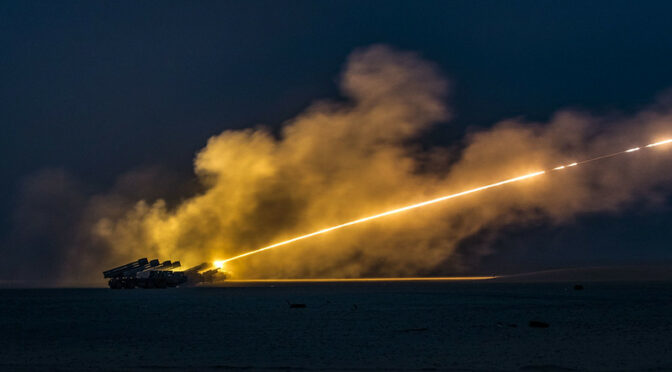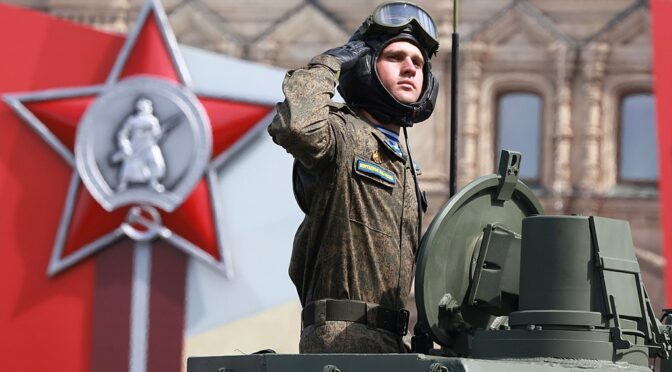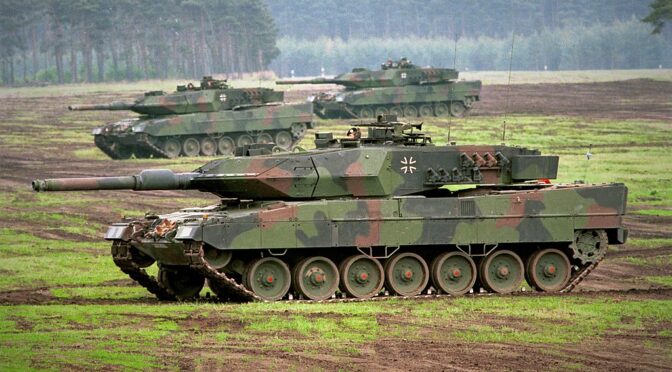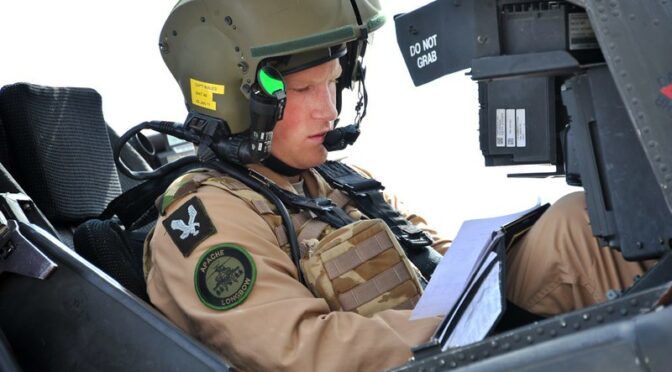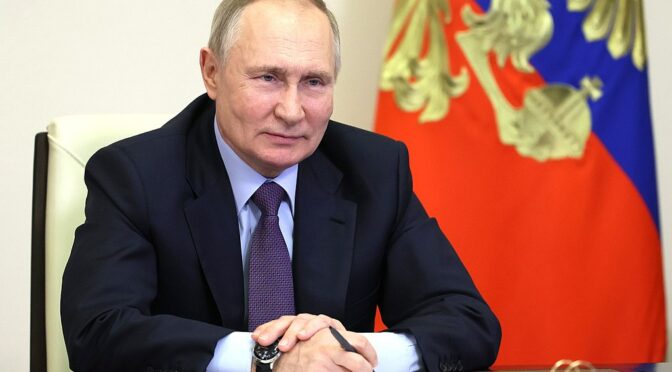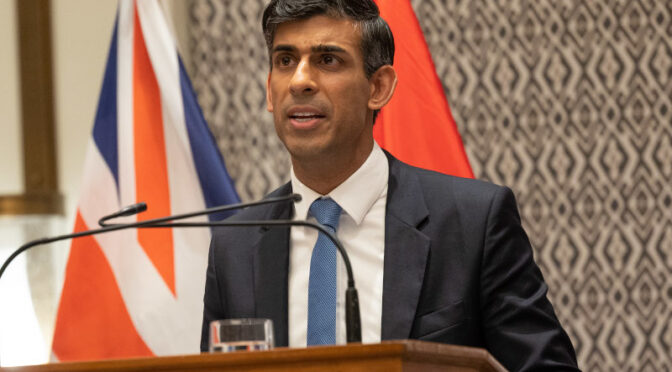by Richard Kemp and Rafael Bardaji
Article published by ynetnews.com, 16 February 2022
After a recent visit to Israel, we’re deeply concerned by the unprecedented degree of tension and sheer animosity permeating the political arena.
As friends of Israel rather than Israeli citizens, we do not seek to intervene on any partisan basis, but to sound the alarm about the very real potential for Israel’s enemies to exploit the current rhetoric and do harm to the country as a whole.
Political polarization and confrontation are nothing new to us since they are trends now rooted in our own countries and across the Western world, from the US to Italy. But our experience fighting successive attempts to delegitimize the state of Israel shows us that the country simply cannot afford the level of domestic political tensions that other democracies can go through. Israel has proved itself time and again to be the most resilient country in the world when it comes to physical warfare. But it is also subject to the most insidious political warfare — continuously under attack by international institutions such as the UN, the EU and the International Criminal Court (ICC) as well as a range of foreign governments, human rights bodies, academia and much of the world’s media.
It is in this realm that the current discourse and strife will be most damaging. For Israel to be strong, to prosper, to be a force for good in its region and the world, and to fend off incessant political warfare campaigns, it needs to be united in the basic questions, despite all the disagreements that may reasonably emerge around specific proposals and policies. That national unity is being eroded by the tone and conduct of the debate on reforms to the judiciary presented by the coalition government.
We have heard Israeli voices telling us that what is at stake is the survival of democracy in the country – if democracy is not dead already. We have been told that it is better not to make even a single concession than to try to reach an agreement. Such extremist attitudes are not likely to lead to improvements in the quality of reform, and are likely instead to embolden Israel’s many international enemies. Continue reading


